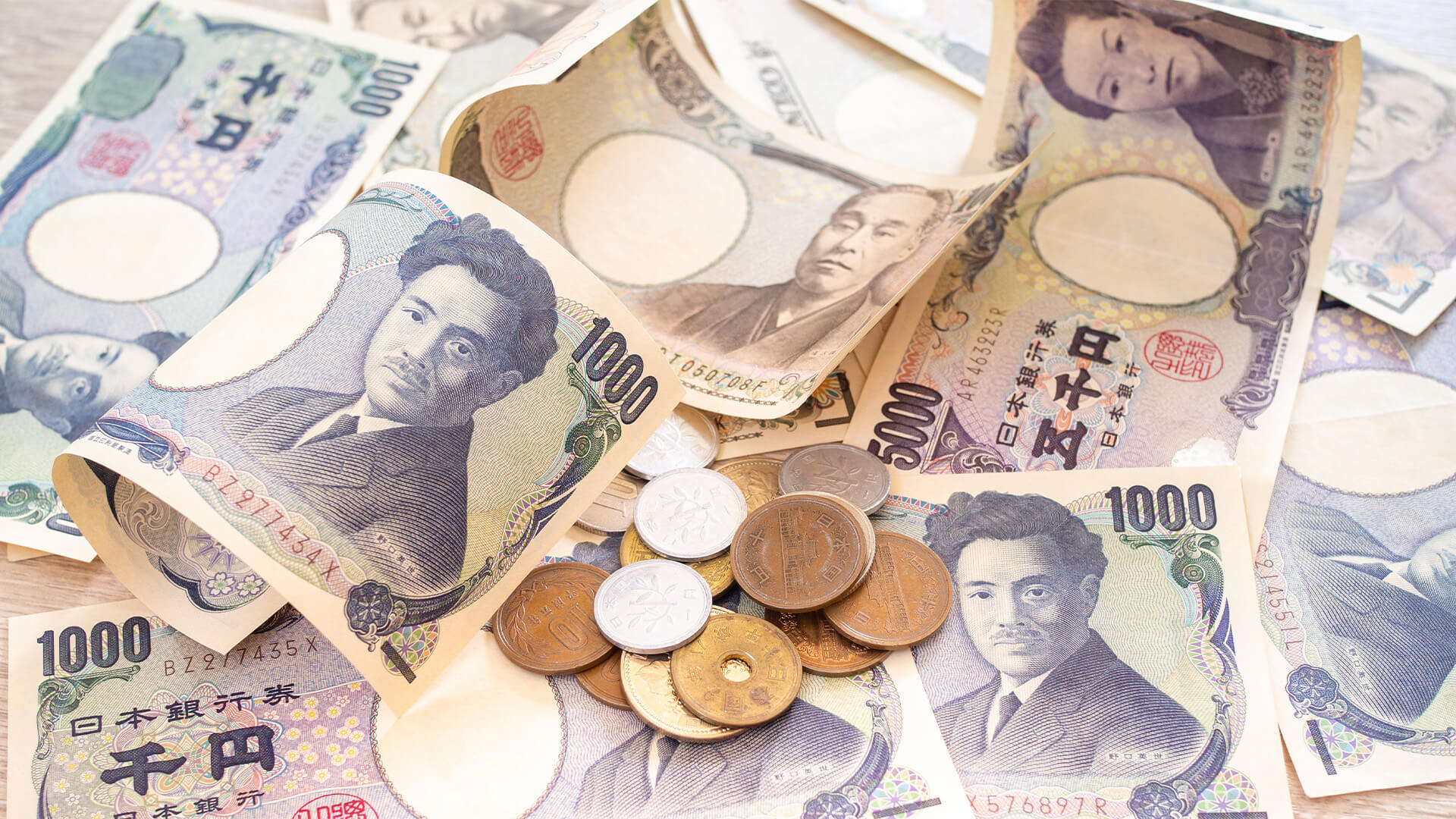
- Uncategorized
Japan says it needs to support the yen
Do you want to know how to make money from this?
Register for free and get expert advice, access to a training course and webinars.
Key points:
- Japanese authorities spent more than 9 trillion yen ($58.4 billion) during exchange rate regulation.
- Last week, the Japanese government intervened in the foreign exchange market at least twice.
- The yen has depreciated by about 9% against the US dollar this year.
With the yen likely to fluctuate erratically and speculatively, Japan may be forced to retaliate, the government’s chief currency diplomat, Masato Kanda, said Tuesday.
This statement confirms Tokyo’s readiness to intervene again in the foreign exchange market to support the fragile Japanese currency.
National currency support
In the interests of economic stability, exchange rates that correspond to fundamental indicators are preferred. With such stable market functioning, government intervention is not required.
However, in the event of excessive fluctuations or speculatively driven erratic movements that disrupt the normal functioning of the market, the government may be forced to take appropriate action.
Tokyo is believed to have intervened in the foreign exchange market at least twice in the past week to support the yen after it fell to a 30-year low.
Japanese authorities, according to official data, spent more than 9 trillion yen ($58.4 billion) during exchange rate regulation aimed at supporting the yen. The measures lifted the yen from a 34-year low of 160.245 yen per dollar to 151.86 yen per dollar, a one-month high.
Experts estimate that during the previous intervention in September and October 2022, Tokyo spent about $60 billion.
Yen decline: pros and cons
The yen has depreciated nearly 9% against the US dollar this year.
However, it is worth noting at the same time that Japan is wary of foreign exchange interventions, given the limited nature of its dollar reserves.
Masato Kanda also said that comments about possible interventions by currency authorities are not common practice. The statement was made in response to speculation that Japan was intervening to buy the yen.
The depreciation of the yen is beneficial for Japanese exporters, but has a negative impact on consumers, as it leads to higher import prices and increases inflationary pressure on consumers.
Do you want to know
How to make money from the news
Register for free and get:
- Expert consultation;
- Access to the training course;
- Opportunity to participate in webinars

